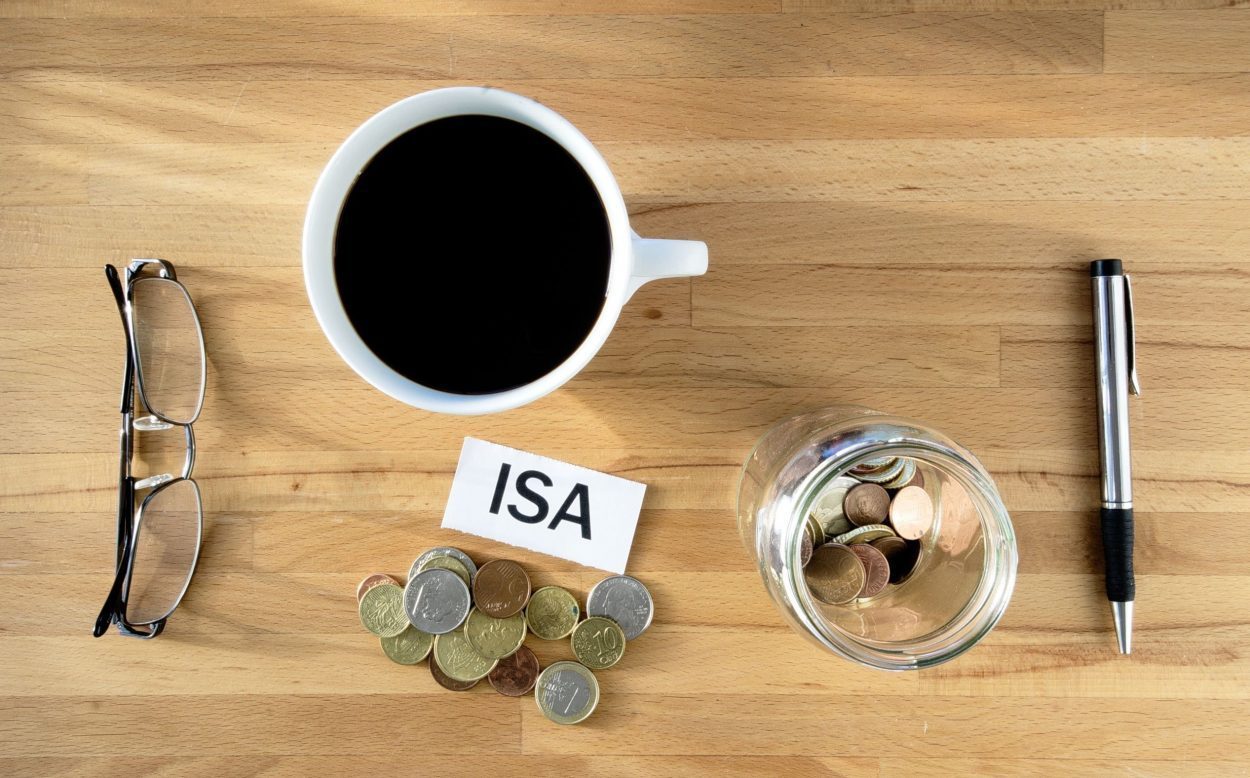Understanding LISA interest rates: a comprehensive guide
Understanding LISA interest rates is crucial for individuals looking to make informed d...

Every year, around 10 million people put money into Individual Savings Accounts or ISAs as they’re commonly known. Do you ever ask yourself what ISAs are and whether you should also be investing in one? If you’re reading this, it’s probably because you want to understand more about savings and investments and how ISAs work.
Every man, woman and child is taxed on income and any capital gains achieved. That means that interest on savings or dividends on shares are also taxed. But the good news is that the government also wants to encourage us to put money aside and which is why it created the ISA. When you save or invest through an ISA, an income and capital growth are shielded from tax. And if the government’s going to give away tax freebies, we would be stupid not to take advantage…
Tax is like a cost. It eats into your investment return. Remember, every pound you pay in charges, is a pound less for you and that’s why ISAs are so effective. If you take out an ISA, there’s no income tax to pay on your investments whether that’s on dividends from shares or the interest from bonds. What’s more, you can re-invest the income in the ISA to help it grow even more, or you could take it out without paying any further tax.
And, when your investments grow over time, you won’t pay any tax on the gains either. So think of the ISA as a shelter around your investments that helps them to grow faster. It’s a win-win situation — you’re happy, the tax man’s happy and you don’t need to include them on your tax return (if you do one).
If you’re building a nest egg for the first time, putting some money into cash accounts or a cash ISA is a good idea. A good rule of thumb is to have at least three months’ salary set aside for a rainy day (here are other good rules of thumb).
While money in the bank won’t fall in value, if interest rates are lower than inflation then your money is worth less over time. For example, something that cost £500 a year ago will cost £510 today, because inflation over the last year was 2%. But conversely, after 20 years of 2% inflation, your £500 will be worth just £337 in real terms.
As well as putting money into a Cash ISA, you can offset the impact of inflation on your savings by putting your cash in fixed term or notice savings accounts which typically have higher interest rates. But if you’re happy to set money aside for the longer term, it’s worth considering taking some risk and investing in the stock market.
By investing in the stock market, you could give yourself a better chance of growing your money over the long term. Companies exist to make money for their shareholders, and by investing in the stock market you’re becoming a shareholder. You’re entitled to a share of any profits a company pays out as dividends, and you could see the value of your shares rise too.
There are several types of ISAs (find out more here), but the most popular are Cash, Stocks & Shares, Junior and Lifetime ISAs. You can split your annual allowance between Cash and Stocks and Shares ISAs as you like, but there are limits on how much of your annual £20,000 allowance you can deposit in Lifetime ISAs. Junior ISAs for children, also have different allowances:
At the beginning of each tax year, the ISA allowance resets. That means that any unused allowance doesn’t roll over into the following year. The tax year runs from 6th April to 5th April the following year (the new tax year starts on 6th April 2019). So if you don’t have an ISA in the current tax year, money must be transferred to your ISAs by midnight on 5th April. You can then open a new one on 6th April.
If you’re worried about the complexity of setting up an ISA, don’t be. They’re simple, although reaping the rewards can take a bit longer. After all, successful investing is about the long term and rewards those with patience. The sooner you can start, the sooner you benefit too. But don’t forget that investments can go down in value too – which is way you should always be invested for the long term.
So are you going to join the millions investing in ISAs?